Spiritual and Religious Competency in Couple and Family Therapy
Principal Investigators
Dr. James N. Sells
Regent University
Dr. Jennifer Ripley
Regent University
Abstract
Families are nested within religious and spiritual (R/S) systems with influential spiritual and religious ideas, values, and relational conduct. There is a growing knowledge base on religious coping in families, the sanctification of marriage, sex, and parenting (Mahoney Chin & McGraw, 2022), prayer as a positive intervention (May et al., 2019), and religion as a potential wedge between members. (Mahoney, 2013). Research on spiritually integrated couple therapy is advancing (Worthington et al., 2022), with research examining therapy-as-usual (Ripley at el., 2022) and outcomes of spiritually integrated approaches (Ripley et al., 2021). One study has created an initial measure of competency for family therapy (Carlson et al., 2013). It is time to define and develop Couple and Family Religious and Spiritual (CFR/S) therapy competencies. The current study will develop these competencies with two new assessments, produce a training in CFR/S that can easily scale, test for change in CFR/S competency in trainees, and study 50 of the couples or families seen by the trainees. The CFR/S assessments include instruments used in couple/family training paralleling ASERVIC & published competencies (Vieten et al., 2013). The new assessment tools have already been tested in a factor analysis. This study will conduct a Confirmatory Factor Analysis and test a new scenario assessment. The training is designated with experiences and materials to prepare students and clinicians to treat CFR/S issues as cultural themes. The CFR/S training will provide a video plus discussion-based cohort type training to balance both accessibility and best practices in diversity training through diverse peers. Finally, we will assess effectiveness by evaluating clinicians and some of their clients. A switching replication design will test for competency attainment among clinicians. A subsample of trainees will be invited to report on relevant cases seen in the subsequent three months. The clinicians and these families will provide brief session reports to see their activity. This project will provide a rich collection of products and research to catalyze CFR/S competency training. The goals are ambitious, but the project divides among a team of researchers capable and available. Outcomes of the study propel CFR/S competency training by: • Creating a more substantial definition of the competencies specific to spiritually integrated therapy for couples and families. • Increasing the research knowledge base in CFR/S competency with at least three professional presentations, two publications before the grant end date, and three more articles after the project end date. • Researching two new competency measures which will be validated and published in a journal. • Providing novice and intermediate competency training modules online for students and continuing education. These modules will be reviewed to include varied religious and spiritual traditions and address the intersectionality of R/S with diverse topics, such as sexual and gender identity, race and ethnicity, or family life stage. • Testing training modules for trainee change in CFR/S competency. • Examine the clinical application of the training with families (N=50) seeking therapy from the trainees across three months. • Disseminating the training through professional networks and graduate schools.
Project Team
Dr. James N. Sells, PI
Dr. Jennifer Ripley, Co-Investigator
Research Team Members
Dr. Vanessa Kent, LMFT
Dr. Mark Saunders
Dr. Job Chen
Consultants
Dr. Bryce Hagedorn
Dr. William Hathaway
Dr. Everett L. Worthington, Jr.
Dr. Carrie York
Dr. Victor Counted
Dr. Job Chen


